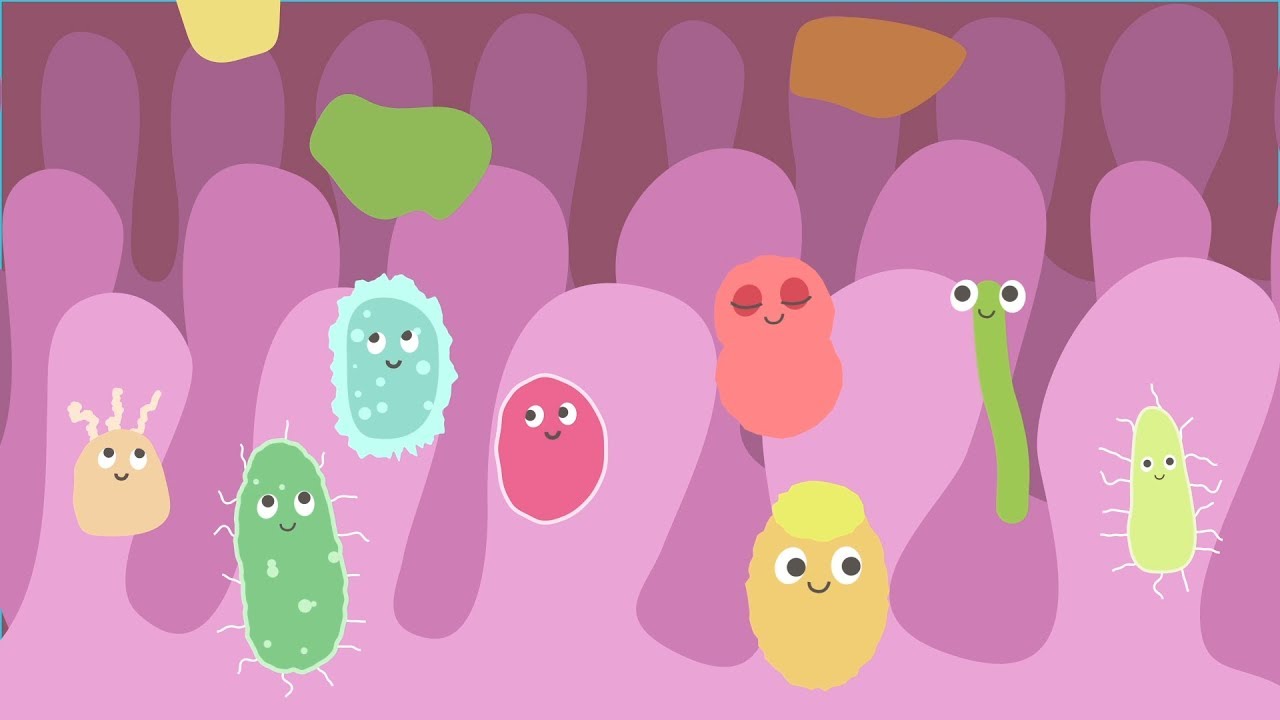
If you want to keep the intestines healthy you should include more fermented foods and dietary fiber in your daily ration. The fermented products include kimchi, Kombucha, sauerkraut, miso, and kefir. They all contain microorganisms that are good for the intestines. According to scientists, a healthy intestinal microflora is associated with a lower risk of obesity, diabetes, and autoimmune diseases.
1. Sauerkraut
Pickled vegetables which are sold in supermarkets contain a lot of vinegar and nothing healthful. Sauerkraut contains a lot of probiotics and prebiotics. Both of which are necessary for the proper function of the intestine.
2. Red wine
Alcoholic drinks are also fermented. Red wine, if consumed in reasonable quantities, is good for the intestines. It has a lot of polyphenols and other antioxidants. And alcohol coupled with polyphenols is especially good for our health.
Scientists compared the effects of grape juice, wine and gin on the intestinal flora. It turned out that there is no benefit from gin, but red wine is even healthier than juice. However, the good intestine bacteria don’t tolerate excess alcohol well, so it’s important to not to drink too much.
3. Kefir
Don’t forget about kefir with live bacteria! Kefir is made through fermentation. And milk which is added to kefir is always pasteurized and doesn’t contain harmful microorganisms. According to research, kefir positively affects the bacteria in the intestines. The bacteria contained in kefir are not identical to those that live in us but they release nutrients and therefore improve intestinal microflora.
4. Prebiotics
Dietary fiber is an ideal feed for intestinal microflora. You should double its consumption to stimulate good bacteria growth in your intestines. Prebiotics are present in artichokes, leek, chicory, celery, onions, and garlic. And it’s important to maintain diversity: don’t eat only one or two products from this list. Those who eat different vegetables and sometimes meat have healthier intestines than vegetarians.
“The food we eat has the biggest influence on our gut bacteria. And the most powerful tool that we have in supporting our good bacteria is prebiotics.” - says the best gastroenterologist in NYC, Dr. Shawn Khodadadian.
We have good news for carb lovers! You can get more dietary fiber even from potatoes, rice, and pasta. But only if you cool them after cooking. When these foods are cooled, a big part of the starch contained in them crystallizes. The fibers won’t be digested in the stomach and reach the intestinal bacteria. Think about eating these foods cold or reheated.
5. Don’t forget about fasting!
Short-term fasting is also good for intestinal health. During fasting, another kind of intestinal bacteria cleans intestinal walls. This process is important for maintaining our immune system. But don’t starve for too long. Studies have shown that during long-term fasting, bacteria begin to eat away at intestinal mucosa. Make unloading days or just take long breaks between meals.
Fast food is the main enemy of intestinal microflora. It contains many emulsifiers and sweeteners. In rodents, it was found that fast food kills the microflora. When it enters the body, bacteria begin to secrete "wrong" chemicals. Scientists associate it with diabetes and obesity.
Conclusions
Change your diet gradually, especially if you have any problems with digestion. Otherwise, you’ll get flatulence. You're on the right track if your stool has changed. In a few days, it should become softer and you will go to the toilet more regularly. This is a sign that bacteria in the intestines are working better.

 Log in with Facebook
Log in with Facebook 







